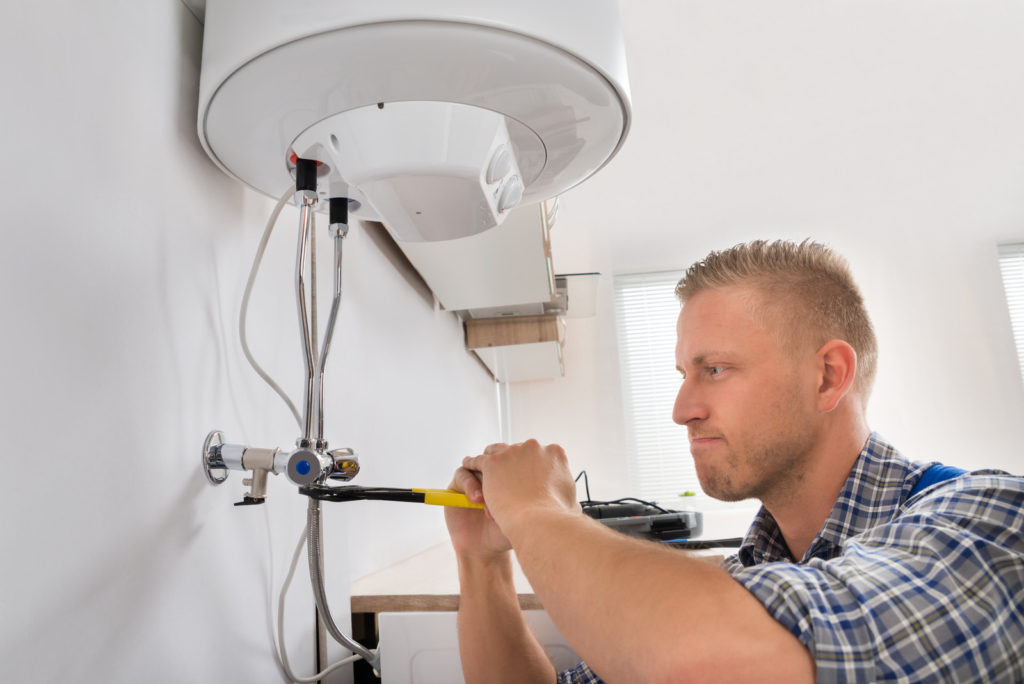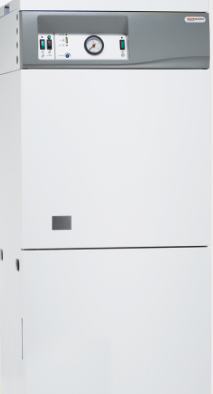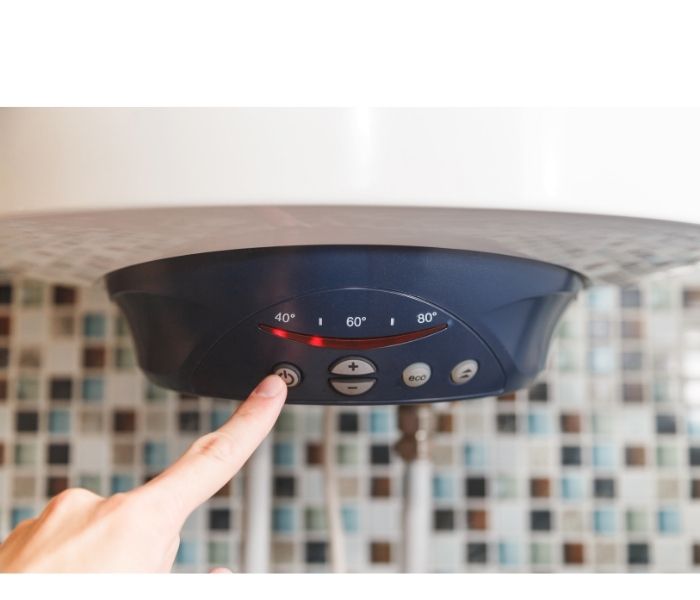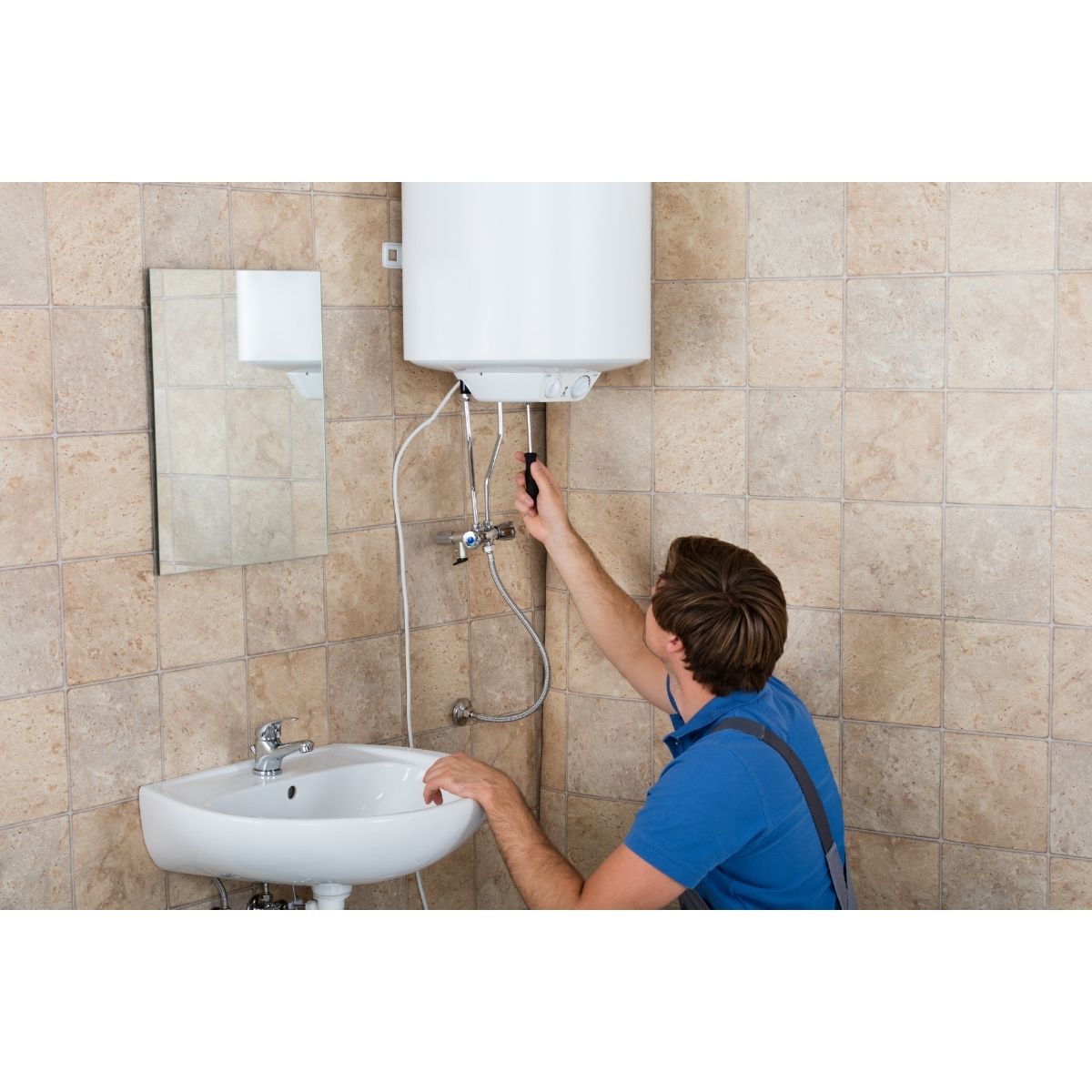Electric boilers come in a variety of sizes that will fit almost anywhere in your home and they don’t require any gas supply pipes or a flue to remove fumes. They are very easy to maintain and require less checking so you won’t need an annual check like with a gas boiler. To save energy, it is important to find the right electric boiler size for your home.
What size electric boiler do I need?
When choosing an electric boiler, consider the energy output rather than physical size. As a general rule, add 1.5 kW for each radiator in your home. Properties built after the 1990s should allow for 1.5 kW per radiator. For example, a 9 kW electric boiler is suitable for a home with six radiators. Gas boilers can have an output of up to 35 kW, while electric boilers typically max out at 15 kW.
An average-sized room with double glazed windows and cavity wall insulation will require a 1.5kW output radiator. In most cases, the maximum number of 1.5kW radiators an electric boiler can handle is 10, so they are only really suited to small and medium sized properties.
With the government saying they will be phasing out gas boilers over the next few years to reduce fossil fuel use, electric boilers are becoming a realistic alternative to take their place. They are available now and have predictable reasonable costs, unlike hydrogen fuel which is still being developed and air and ground source heat pumps that are prohibitively expensive at the moment.

Benefits of electric boilers
An electric boiler heating system is clean and almost 100% energy efficient, easy to install and economical to run. They use simple technology and have fewer moving parts than gas or oil fired boilers. Electric boilers are powered from your main supply to heat a series of elements inside, which heats the water like an electric kettle.
They need to be sized correctly to heat your home. The size here refers to the power output which is measure in kilowatt hours (kW). The higher output, the more powerful the boiler is. Once the water has been heated it’s pumped around the house to where it’s needed.
Just like a gas fired boiler, it can heat your central heating radiators, underfloor heating system. Solar panels and the hot water cylinder for all your hot water requirements.
Efficiency of electric boilers
Electric boilers are often considered a more energy-efficient and environmentally friendly alternative to gas boilers. While gas boilers tend to achieve efficiencies in the region of 92%, electric boilers are often labelled as being 99-100% efficient. This is because electric boilers convert all the electricity they use into heat, whereas gas boilers lose some energy in the combustion process.
Additionally, electric boilers are generally smaller and quieter than gas boilers, and they don’t require a flue or pipe to vent harmful gases. However, electric boilers can be more expensive to run and may not be suitable for larger properties or those without access to renewable energy sources.
Ultimately, the choice between gas and electric boilers will depend on a range of factors, including the size of the property, energy efficiency goals, and budget.
Electric boiler sizing
Electric boiler sizes range from 3W to 15kW for single phase domestic usage. In terms of the size of the unit despite the fact the 12kW does a lot more than the 4kW, the size of the actual unit that goes in your home has no size difference. The higher output boilers are slightly heavier but they are exactly the same physical size.
You can get electric boilers just for the heating system and can pretty much connect to existing wet central heating system radiators, or they come in combination models for both heating and instant hot water use. These have a much higher output.
With electric combi boilers, you will still have the issue of low pressure in the hot water taps if more than one is opened at the same time, but you can choose to have a hot water storage cylinder that will compensate for this. These cylinder tanks can store around 180 litres so can take up some space.
They are generally smaller and more compact than gas or oil boilers and because they don’t need a flue they can be fitted almost anywhere so you don’t have to worry about finding an outside wall to remove toxic fumes such as carbon monoxide. Electric boilers still need to be protected from moisture and frost.
Additionally, you don’t have the issue of fuel storage tanks, say if you live in an area not connected to mains gas and have to rely on oil-fired boilers. Another benefit is that they are very quiet in operation and you will hardly hear it start up.

Advantages of electric boilers
- With electric combi boilers, there is no need for fuel storage like oil boilers.
- Don’t need to be connected to mains gas supply.
- Very quiet when operating.
- Can be fitted almost anywhere without needed flue pipes to an outside wall.
- More compact and smaller that most gas and oil boilers.
- Don’t need an annual safety check like a gas boiler.
- Have fewer moving parts inside so easier to maintain.
Electrical wiring cost
An important point is the size of the incoming electricity supply to your property. Will this need to be upgraded to handle the extra demand from an electric boiler? They are a high power using products, and so require their own circuit.
It could become an extra installation cost associated with the boiler, especially with the larger output models above, say, 12kW.

What are the different types of electric boiler?
Boiler with storage
This comes with a storage cylinder either inside or outside for a larger capacity. It can meet the hot water needs of more than one tap at the same time.
Combi boiler
Just like a gas combi boiler, it provides heating and instant hot water from one unit. There is no storage required as cold water is taken from the mains to be heated up for the taps. They save space and cost.
Flow boiler
They heat water for radiator systems and work with standard radiators, programmers, room thermostats and thermostatic radiator valves. These type of boilers are perfect for apartments, loft conversions or conservatories where space is limited.
Things to look out for with electric boilers
When looking to purchase a boiler, make a note to look for the following points:
- Amp rating. Will it be suitable for the wiring in your house?
- Energy rating. Most electric boilers are rated D even though they are highly efficient. This is because there is a much higher loss of energy as the electricity makes its way from the generation company through the grid to your home.
- Electrician required. If you are replacing a gas boiler with an electric, you will require the services of both a gas engineer and an electrician.
Are electric boilers easy to purchase?
They are becoming more common and an average 6kW boiler can be bought from around £700. The cost of combi boilers can go up to £2300 for 18kW max output. Leading companies like boiler central have a variety of brands available to choose from. A boiler with a cylinder to supply the faucets will cost more with the extra pipework required.
What type of properties are electric boilers best suited for?
Electric boilers are best suited to smaller homes and flats because they can’t meet the higher heating and hot water demands of larger properties, especially in winter. They are also an alternative to oil fired boilers or those areas without mains gas supply.



